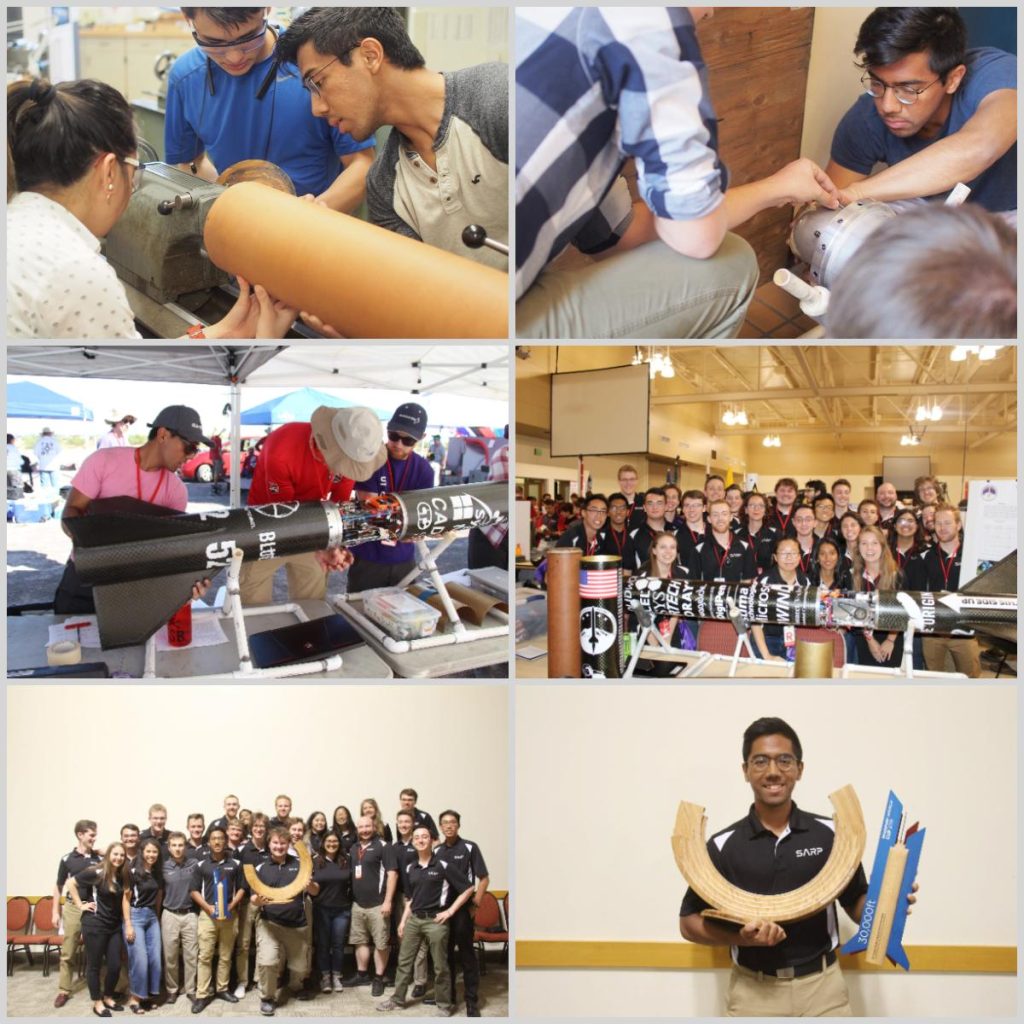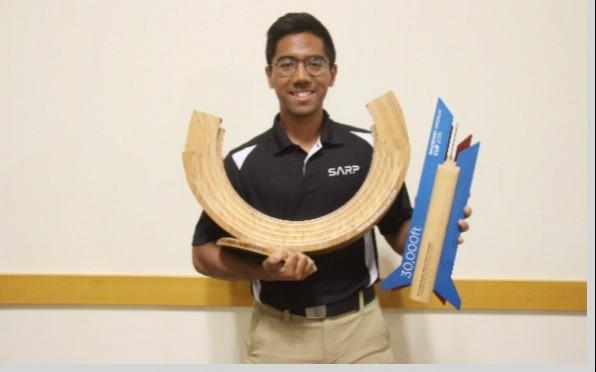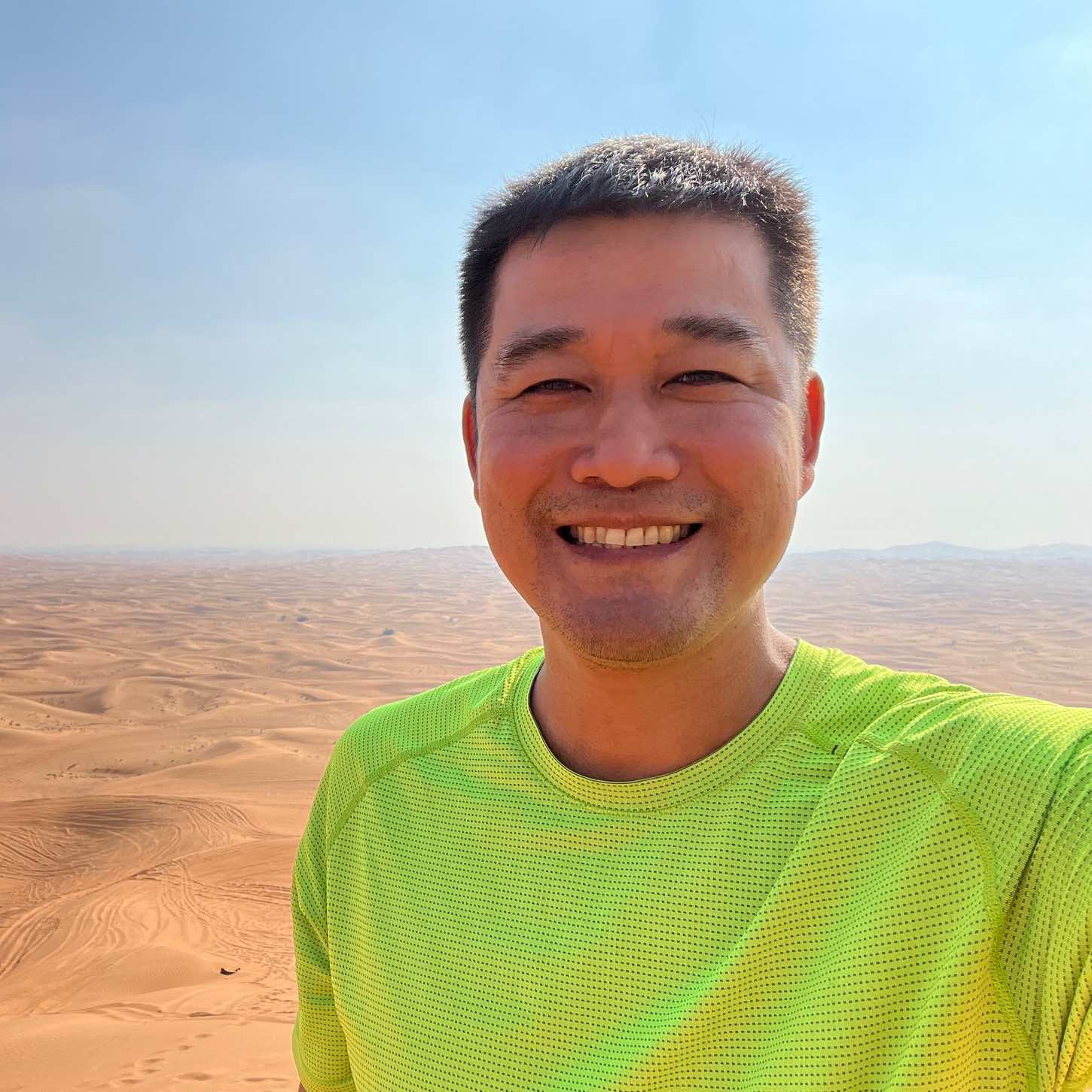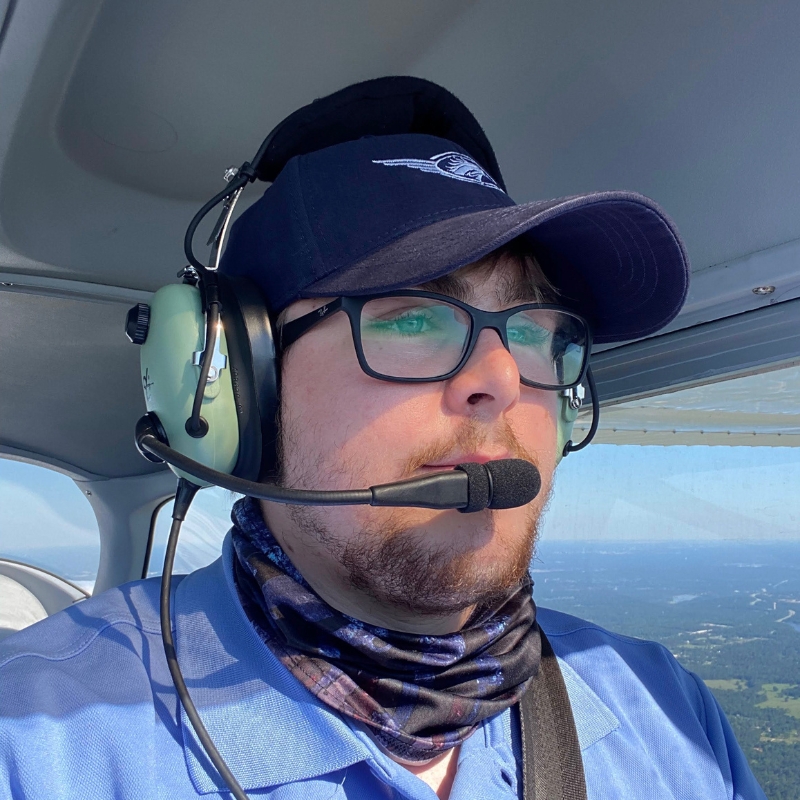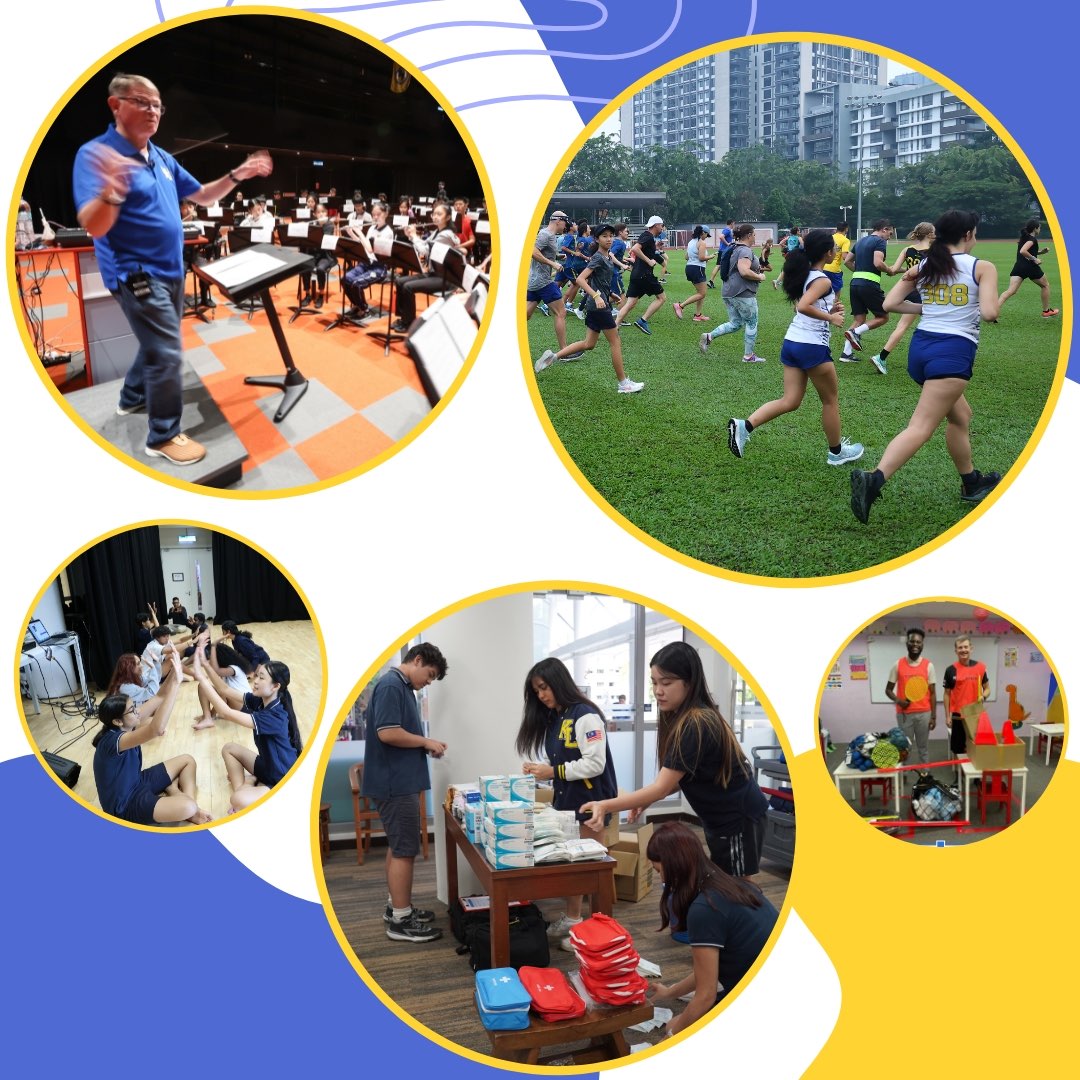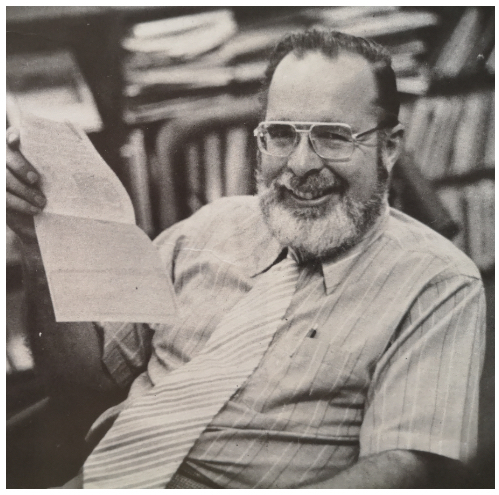Aqil Khairi (’15)
It’s fair to say that ISKL Alumnus, Aqil Khairi (Class of ‘15) has stars in his eyes…or at least in his sights. Aqil, who studied at ISKL for eight years, has this year achieved two prestigious awards in the field of aeronautics and astronautics. He was part of the University of Washington’s student rocket engineering team that won the overall prize at the 2019 Spaceport America Cup in New Mexico, and also took out third place in the undergraduate category of the American Institute of Aeronautics and Astronautics Region VI Conference for his computational research into the stability of plasma, a key element of, and challenge in a fusion reactor.
While it sounds incredibly complicated, the goal of Aqil’s research is to make space travel more viable and efficient. Having completed his Bachelor’s degree, he is now entering his Masters at the Aeronautical and Astronautical Engineering Department at the University of Washington (UW). Aqil was happy to explain his research, the pitfalls you face when launching rockets in the desert, and what it’s like to be a researcher in this exciting field.
Aqil spoke with ISKL’s Director of Development and Alumni Engagement, Lynette MacDonald.
LM: With my very limited knowledge of this field, it seems your research is focused on fuel efficiency. Can you explain what your research entails and your goals?
Aqil: For the past year I’ve worked as an undergraduate research assistant in the UW’s Fusion Z-Pinch Experiment (FuZE), which works to develop a compact nuclear fusion device for deep space propulsion and power generation as a reactor. Nuclear fusion is considered to be a “holy grail” of power generation technology due to its high energy density, accessible and abundant fuel source, and lack of harmful waste products. To achieve fusion conditions, the hydrogen gas used must be in the plasma state, and my work focused on the valves that inject the hydrogen to be ionized and fuzed.
My goal is to eventually earn a PhD in this field and help to work on the application of fusion technology into designing an engine for spacecraft. Such an engine would enable rapid and more efficient transportation into interplanetary space and help to accelerate human expansion into the Solar System, which is pretty cool.
LM: I love the photo of your in the desert with the rockets. Was the Spaceport America Cup easy sailing for your team, or were there some hiccups along the way?
Aqil: This was my third year participating in the UW Society for Advanced Rocket Propulsion, and my second time at Spaceport America Cup. We definitely hit some big roadblocks throughout the year, but a combination of experience from previous years, as well as the general excellence of the personnel on the team allowed us to push on and come back with the win. A brief list of issues we encountered over the year included: snow days, late delivery of parts/materials, parts not fitting together, multiple redesigns, the engine blowing up in a test, fried electronics, and numerous other things.
Being in the desert had its own problems as well, with missing components, damaged components and electronics, and fatigue all playing a part, but we’ve learned to always prepare for things to go wrong, because we’ve accepted that they will. My goal, as the lead engineer for the combustion chamber was to ensure successful assembly of the engine in the desert, and ensure that nothing failed during launch.
LM: How prestigious is the Spaceport America Cup for researchers working in the field and where did the competing teams come from?
Aqil: This year marked the third Spaceport America Cup, but the tournament itself had already existed as the Intercollegiate Rocket Engineering Competition (IREC) since 2005. By the time of the rebrand and relocation to New Mexico, the tournament hosted between 90-100 teams, mostly from the US, but with increasing participation from countries like Canada, Switzerland, Poland, Turkey, Brazil, and the UK. There are other college-level rocket engineering competitions out there with different objectives for the teams, but the Spaceport America Cup has definitely become the gold standard in recent years, especially with high caliber partnerships with companies like Virgin Galactic.
LM: These were two separate awards, but are the subjects linked?
Aqil: Yes, my personal interest within aerospace is in propulsion systems. Rocketry is the more obvious outlet for this interest, and that’s where Spaceport and UW SARP come in. My research in FuZE is related to future, advanced propulsion concepts with the nuclear fusion power source, and is where I want to focus my career in.
LM: Did you know when you were a student at ISKL that you wanted to pursue this field of study?
Aqil: I made sure to double up on the sciences for my IB HL courses, so I knew I wanted to study something in STEM. I was always interested in space and astronomy, but nothing had really solidified into a specific major until my first year in college.
LM: Did you have any particular teacher who was influential in encouraging/supporting you to enter this field?
Aqil: My Physics teachers, Mr. Brown and Mr. Davis, helped me a lot especially when I decided to write my Extended Essay in Physics. They definitely helped me develop my approach to engineering problems and an analytical mindset, as well as displaying genuine curiosity and appreciation for the subject. Mr. Ortiz was also my teacher for Math HL, which I honestly didn’t do that well in, but he was able to build some solid foundations in calculus and handling difficult concepts that really helped me get through fundamental math courses as an underclassman.
LM: What are your ambitions for the future? Is NASA on your radar?
Aqil: NASA has always been a goal for me and it’s an organization I would love to work for (if I can get the security clearance as a non US person). Whether that is in a research capacity or some other (expedition crew?) capacity remains to be seen, but I’ll keep working in case that opportunity somehow opens up. Teaching seems pretty fun too, so I wouldn’t mind complementing research with a more academic role.
LM: What is your advice for students wanting to enter this area of study? And what has your experience of university life at UW been?
Aqil: I would say that if you know you want to study aerospace, or any other engineering, is to get your fundamentals down early, and IB/AP really helps with this. At the same time, don’t take it too seriously, because there are still plenty of chances once you’re in college to gain the knowledge and experience needed. If you’re a planner like me, do your research on what institutions you’re applying to and make it easy on yourself so you have all the requirements. Also, don’t underestimate the power of human connections and networking, it’s saved me several times already.
UW has been a great experience, and a rapid four years. I felt like it was the most intense period of growth for myself intellectually, socially, and professionally, and was an entirely worthwhile experience. This of course includes all the difficult periods of studying, cramming, and overcoming things like stress and time management, because those can be learning experiences too. Also, living in such an amazing city that is Seattle, and being able to explore the US, made all the hours working away at minimum wage jobs and getting assignments done worth it, knowing I could get outside and explore again.
If you would like to know more about this area of study, Aqil is happy to be contacted via email. Please contact the Alumni Department for contact details.
